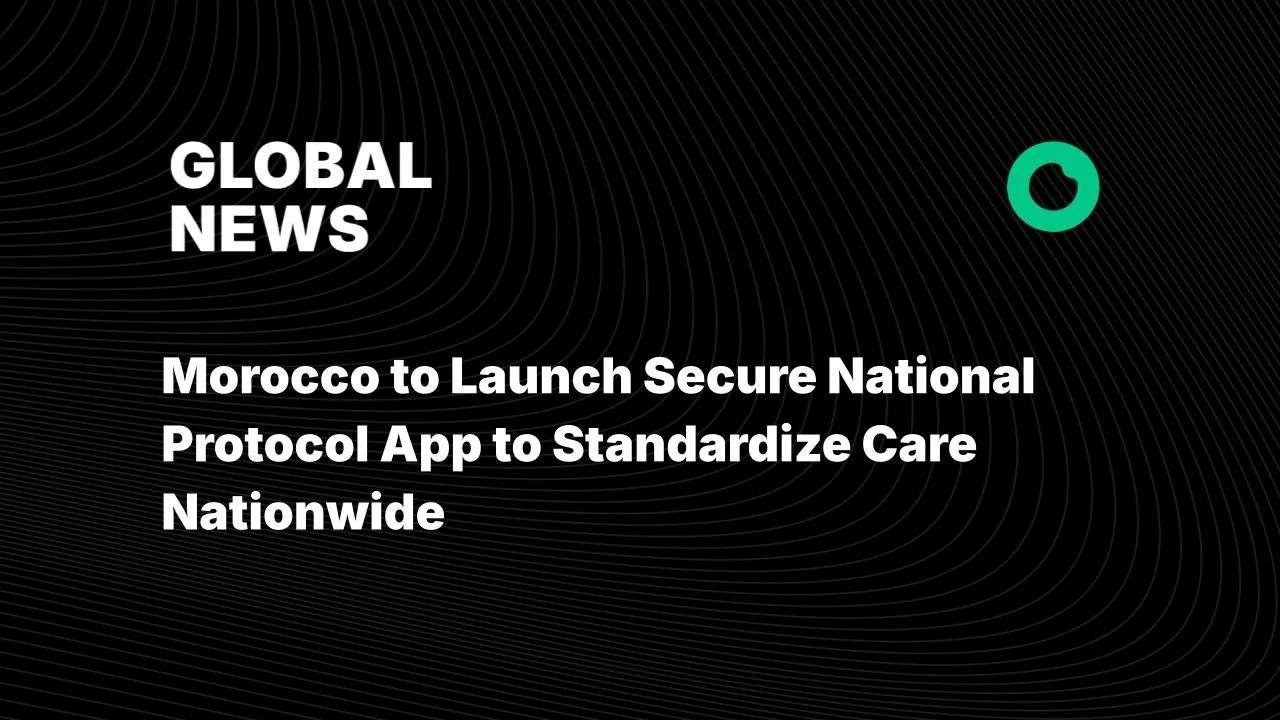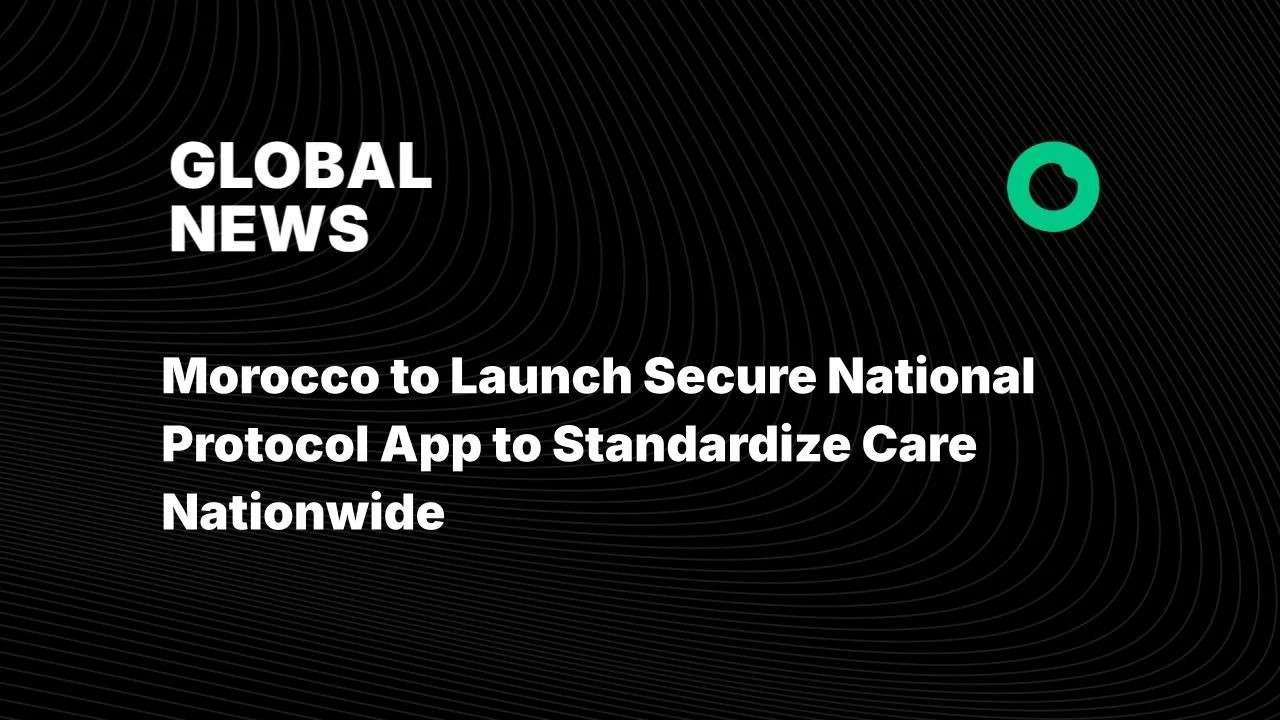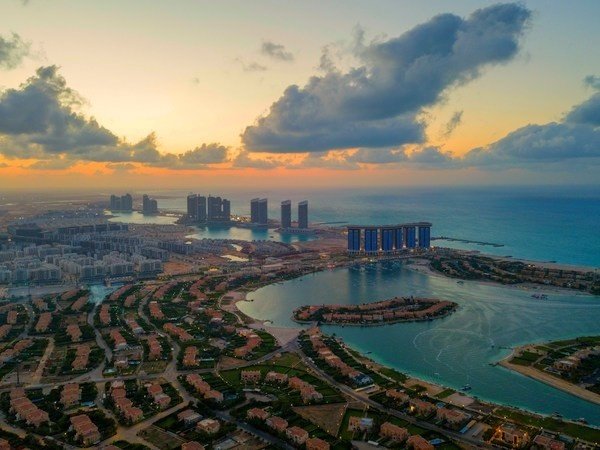The healthcare partnership between the United States and the United Arab Emirates (UAE) is entering a dynamic new phase marked by innovation, investment, and global collaboration. Building on decades of goodwill, both nations leverage their strengths—America’s medical expertise and technology alongside the UAE’s ambitious vision and resources—to transform patient care.
Top US hospitals have established a strong presence in the UAE, with Abu Dhabi aspiring to become a global health hub. Partnerships like that of SEHA and Mayo Clinic at Sheikh Shakhbout Medical City, and Cleveland Clinic with Mubadala Investment Company, ensure that world-class care is delivered locally while fostering continuous knowledge exchange.
The UAE leads in digital health innovation, exemplified by Malaffi, the region’s first health information exchange platform connecting all hospitals and clinics in Abu Dhabi for instant patient data sharing. Healthtech startups, such as Abu Dhabi-based Alma Health, are revolutionizing chronic care management with AI-powered mobile platforms enabling virtual consultations, home lab tests, and medication delivery. Alma Health recently expanded into Saudi Arabia and Egypt after securing a $10 million funding round.
Another innovator, BioSapien, relocated to the UAE to benefit from its medical innovation ecosystem. Their MediChip™ — a 3D-printed micro-implant delivering cancer drugs directly to tumors — recently raised $5.5 million in funding and is undergoing Abu Dhabi-backed clinical trials with global oncology experts.
Central to these advances is the UAE’s national AI strategy. Launched in 2017, followed by the National Strategy for AI 2031, the UAE aims to be a global AI leader with healthcare as a key priority. The Mohamed bin Zayed University of Artificial Intelligence (MBZUAI), the world’s first graduate AI university, is actively developing AI research in healthcare, collaborating with US universities and companies.
Hospitals in the UAE pilot AI-driven diagnostics, such as early diabetic retinopathy detection and tumor identification via imaging. Telemedicine platforms use predictive analytics for personalized care, while pharmacies trial AI-powered robotics for medication dispensing. The government’s “smart regulation” approach includes AI ethics guidelines and regulatory sandboxes to responsibly nurture innovation.
Bilateral healthcare investments and partnerships are accelerating. The 2025 US–UAE AI Acceleration Partnership launched a joint AI supercomputing cluster, Stargate UAE, in Abu Dhabi, powered initially at 1 gigawatt and scaling to 5 GW. Developed with UAE’s G42 and American giants like OpenAI, NVIDIA, Oracle, and Cisco, this cluster will fuel AI applications in genomics, drug discovery, and medical research.
The deal also facilitates secure import of advanced US AI microchips, enhancing the UAE’s access to cutting-edge hardware under strict compliance.
On the ground, Emirates Health Services partnered with US healthcare AI firm Care.ai to deploy “smart hospital room” technology using ambient sensors and generative AI to monitor patient vitals and alert staff to risks, improving safety and outcomes.
Investment flows both ways: UAE sovereign funds like M42 invest in US biotech and digital health startups, while American healthcare providers collaborate on telemedicine and research projects in the Emirates. This two-way partnership blends capital and ideas, setting a global example for AI-driven healthcare innovation.
Together, the US and UAE are charting a course for life-changing medical advances, demonstrating that collaborative innovation can surpass what either nation could achieve alone.















